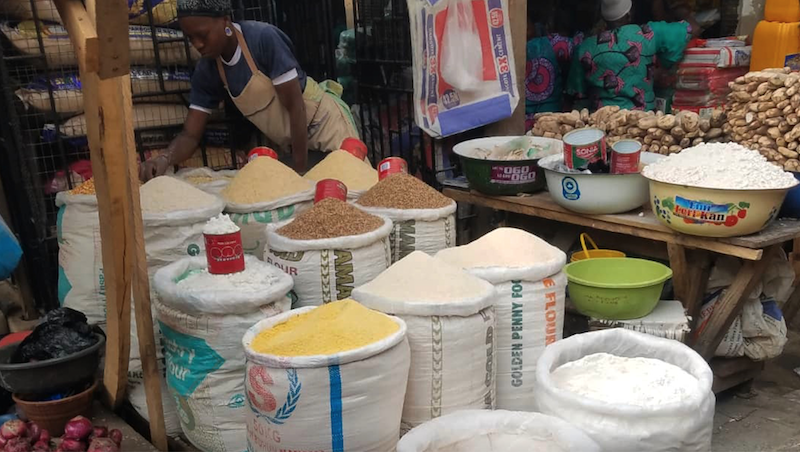The Plantation Owners Forum of Nigeria (POFON) has condemned the imposition of produce tax on farmers by state governments, describing it as a threat to food security.
Speaking after its meeting on Wednesday in Benin, POFON’s National Chairman, Emmanuel Ibru, said the introduction of produce tax was detrimental to agricultural development across the country.
Ibru, who is also the CEO of Aden River Estates Limited, noted that the levy would significantly increase the cost of palm oil and other agricultural commodities in local markets.
He urged the government to support farmers with land, inputs, and adequate security rather than imposing taxes that discouraged investment and expansion in agriculture.
According to him, although Nigeria is Africa’s largest palm oil producer and ranks fifth globally, it must cultivate at least 500,000 hectares to efficiently meet domestic demand.
He added that one million hectares would be required for Nigeria to compete globally, stressing the urgency of expanding oil palm cultivation nationwide.
Ibru warned that comparisons with top producers like Malaysia and Indonesia revealed a wide production gap that Nigeria must bridge to achieve international relevance and growth.
According tonhim, the produce tax results in multiple taxation, as farmers are already subject to income tax, land use charges, and other statutory levies.
While clarifying that POFON was not opposed to taxation, Ibru emphasised that taxes must be fair, lawful, and business-friendly—designed to support, not stifle, agricultural development.
“Failure to address over-taxation will result in higher palm oil prices, making food less affordable for the average Nigerian household.
“The government must urgently review multiple taxations. Farmers already face challenges like expensive inputs, security threats, and labour shortages,” he said.
He called for long-term financing at low interest for oil palm farming, adding that oil palm was a crop with a long gestation period and high development costs.
“Government support should not be limited to large plantations but also extended to smallholders and agricultural research institutions across Nigeria.” he added.
Ibru assured that POFON would continue to engage government constructively, ensuring all voices were heard in the discussion on fair agricultural policies.
“As POFON, we believe in mutual cooperation with government, and we are committed to nurturing that positive relationship going forward,” Ibru said.



